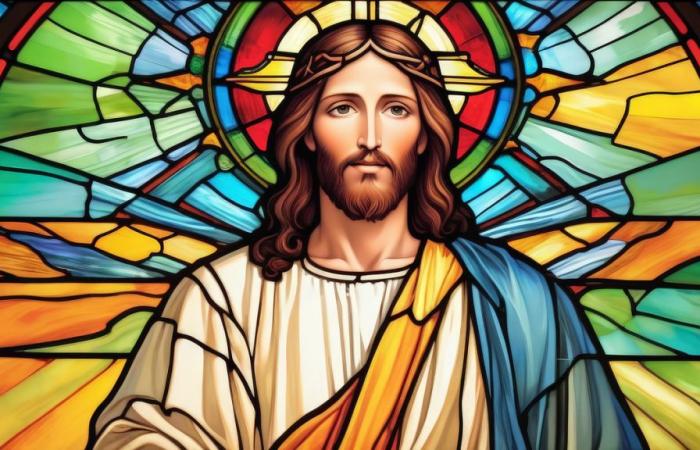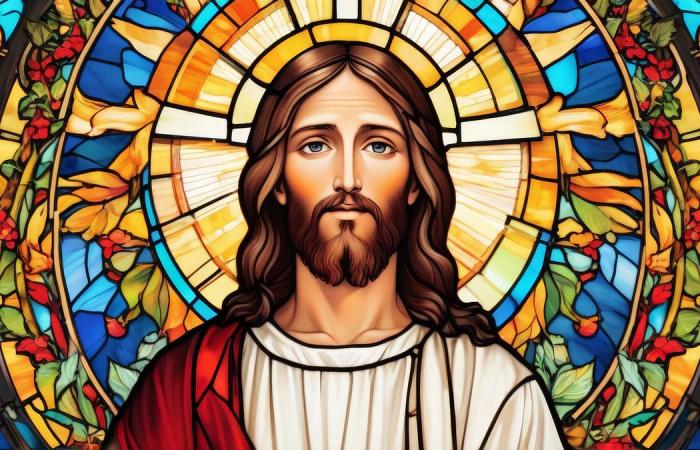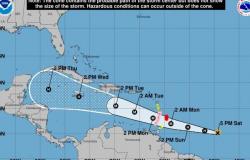On the ninth day of the fourth month, when hunger had worsened in the city and the population no longer had anything to eat, they made a breach in the city wall. King Zedekiah and his men fled at night by the way of the gate that is between the two walls of the king’s garden, and hiding from the Chaldeans, who had surrounded the city, they escaped towards the desert.
The Chaldean army pursued the king and overtook him on the plains of Jericho, where his army scattered and abandoned him. The Chaldeans captured the king and took him to Riblah, where Nebuchadnezzar, king of Babylon, was. Nebuchadnezzar put him on trial. He had Zedekiah’s sons slaughtered in his presence, had his eyes gouged out, and took him in chains to Babylon.
On the seventh day of the fifth month of the nineteenth year of Nebuchadnezzar’s reign in Babylon, Nebuzaradan, commander of the Chaldean army and subject of the king of Babylon, entered Jerusalem, burned the temple of the Lord, the royal palace, and all the houses in Jerusalem. The Chaldean soldiers, who were with the commander of the army, destroyed the walls surrounding the city. Nebuzaradan deported the rest of the population and also those who had surrendered to the king of Babylon, leaving only some poor peasants to work the vineyards and fields.
jesus,.jpg
Gospel for Friday, June 28
Reading of the holy gospel according to Saint Matthew
Mt 8, 1-4
At that time, when Jesus came down from the mountain, a large crowd was following him. Suddenly a leper approached him, prostrated himself before him and said, “Lord, if you want, you can heal me.” Jesus stretched out his hand and touched him, saying, “I do, be healed.”
Immediately he was cleansed of his leprosy. Jesus said to him, “Don’t tell anyone about this. But go now and show yourself to the priest and present the gift prescribed by Moses to prove your healing.”
stained glass jesus.webp
Words of the Holy Father for this Tuesday, June 25
This is Jesus’ style with those who suffer: few words and concrete actions. Many times in the Gospel we see him behave in this way with those who suffer: deaf and dumb (cf. Mc 7,31-37), paralytics (cf. Mc 2,1-12) and many others in need (cf. Mc 5). He always does this: he speaks little and the words are immediately followed by actions: he bows, takes the hand, heals. He does not dwell on speeches or interrogations, much less on pietism and sentimentality. Rather, he demonstrates the delicate modesty of someone who listens attentively and acts diligently, preferably without attracting attention. Let’s ask ourselves today: Do I know how to listen to people, am I available to their good requests? Or do I make excuses, procrastinate, hide behind abstract and useless words? Specifically, when was the last time I went to visit a lonely or sick person – let each one respond in their hearts – or when was the last time I changed my plans to meet the needs of someone who asked me for help? (Angelus, February 11, 2024)
Source: Vatican website







